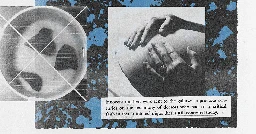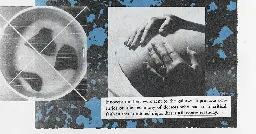A Lab Test That Experts Liken to a Witch Trial Is Helping Send Women to Prison for Murder
A Lab Test That Experts Liken to a Witch Trial Is Helping Send Women to Prison for Murder

www.propublica.org
A Lab Test That Experts Liken to a Witch Trial Is Helping Send Women to Prison for Murder



